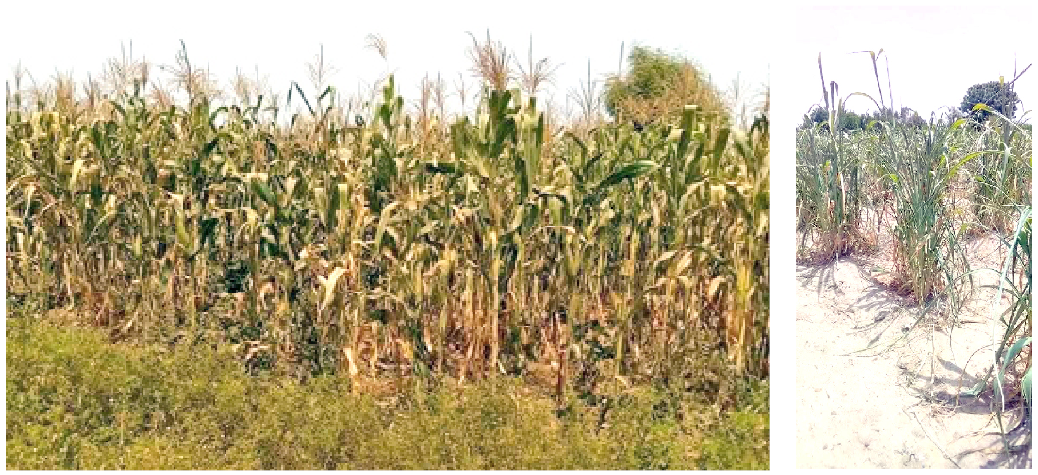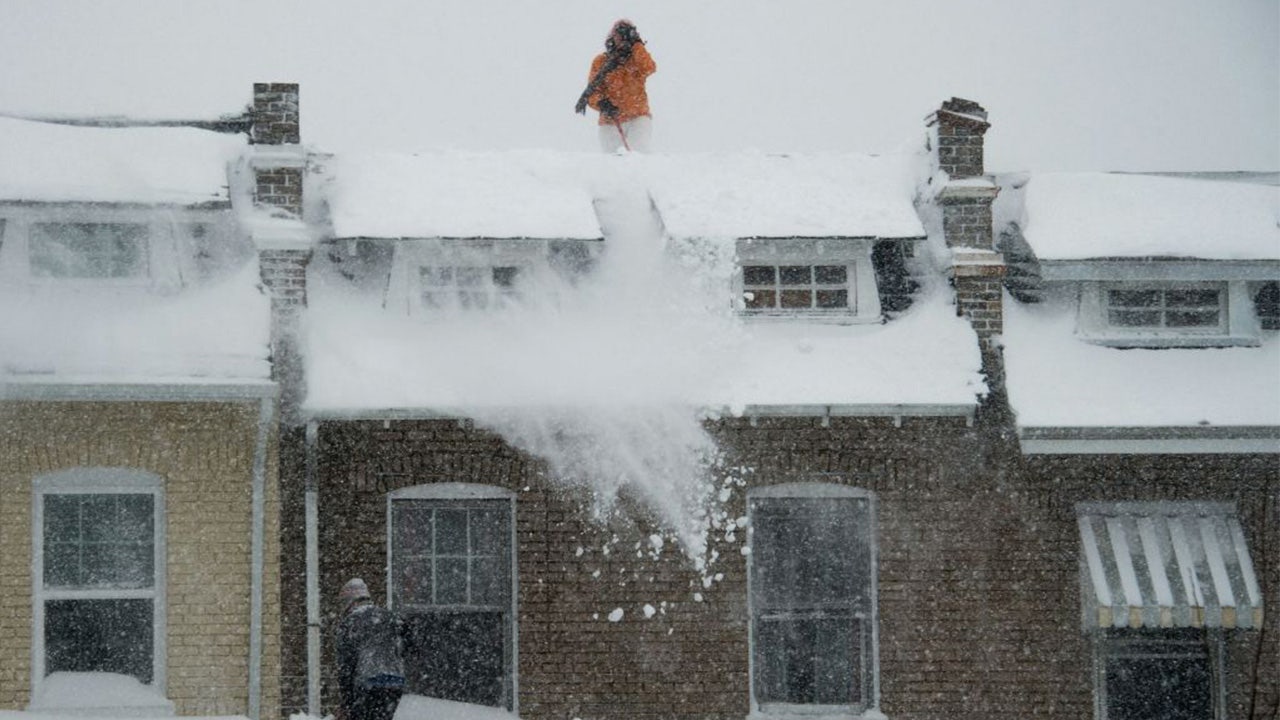
By Habibu Gimba Yobe is among the frontline states ravaged by drought and desertification due to its proximity to the Sahara Desert. The state shares a boundary of 323km with Niger Republic. Geographically, the state lies on Latitude 12.
5’’ to 13’’ N and Longitude 9.5’’ to 13.5’’ E, which makes it very arid, fragile and prone to drought and desert encroachment.

It was gathered that Yunusari, Yusufari, Geidam, Machina and Bursari, in Northern Yobe, are the worst-hit local governments affected by drought in the state. The aforementioned five LGAs have been experiencing delays in rainfall, which usually begins in June. Most of the residents of the affected areas are farmers who rely heavily on agricultural activities.
A resident of Kanamma, the headquarters of Yunusari LG, Malam Bukar Babagana, said the level of drought the region witnessed in recent years superseded what they experienced in the last five years. ‘‘I’m 57 years old now, but I can tell you that the increase in drought and rainfall scarcity have been different, increasing, in recent years. Our planted seeds that usually spend three, four days to germinate have been affected with poor yields,” he said.
‘‘Go to Dalari, Abbari, Bature, Wango or Kirye Zuriye and Yelemeri and you will see how rainfall scarcity and drought-like conditions are forcing the displacement of people living in the affected communities,’’ he added. Daily Trust gathered that the whole northern part of the state, has suffered low yield from their farmlands leaving them with little or no food at all; causing severe malnutrition as a result of the devastating drought caused by the changing climate, making livelihood harder and harder, warranting forced migration of its population, especially for herdsman. A resident of Dalari, in Bursali LGA, Malam Bunu Bukar, told Daily Trust that the delays in rainfall as a result of climate change have created an avenue for pests to attack farmlands in the region.
‘‘Several communities in Bursali LGA which are mostly farmers have been battling with pests on their farms. That’s why you see people are struggling to feed their families,” he said. ‘‘If there is rainfall, pests might not necessarily occupy these farms due to the many opportunities, but this year most of our planted crops have been affected by poor yield.
” Bukar also said: ‘‘Go to our hospitals, you will see how children are affected by malnutrition, lack of protein while their parents are living in hunger and poverty just because of poor yield of our farms as a result of drought and climate change; and perhaps because we are living in desert-prone areas.’’ For Malam Bukar Bana, a resident of Bula-Tura, Yunusari LG, climate change has become one of the biggest challenges for sustainable crop production. He explained that the prolonged droughts and desertification are the major issues faced by Yobe which is a hot arid zone where the rural poor and smallholders are most heavily affected.
‘‘Many residents of our communities, especially youths, are forced into rural-urban migration for greener pastures. We don’t have industries and our condition (climate change) has caused our crops to fail. That’s why we have poor yield annually,’’ he said.
Residents of the affected areas said the drought and desertification have continued to worsen in the region due to high rate of bush-burning, deforestation, overgrazing and non-availability of seeds and seedlings, as a result, exposing them as one of the most vulnerable in Yobe state. According to them, this unsettling reality therefore suggests the need for urgent and deliberate actions, in the interest of securing the livelihoods of the ever–increasing population. Responding to Daily Trust on the problem, the Executive Chairman of Yusufari Local Government, Hon.
Baba Abba Aji, said the threat is forcing communities to relocate thus shrinking access to socio-economic opportunities for the largely agrarian residents of the local government area. ‘‘The advancement of the desert is actually continuing. Already, some communities in Yusufari Local Government Area are in danger despite the Great Green Wall project, efforts of the state government, agencies and non-governmental organisations (NGOs) to halt the advancement of the desert.
“We still need more hands on deck to control desertification through shelter belts and other processes,” he said. Aji said: ‘‘So many people in our communities have been driven by drought, but in reality, it is not drought because drought is a period of cessation of rain, the threat we are experiencing here is desertification. Desertification is gradually affecting our economic activities and this is dangerous to our livelihood.
” He, therefore, appealed to the state and federal governments, and the Great Green Wall programme to redouble efforts in mitigating the impact of desertification and rescue the people from the menace. ‘‘In other areas, the Yobe State government is doing a remarkable job in terms of providing social amenities to our people including roads, boreholes for potable water, health facilities, and construction of new schools and no doubt, our people are happy with this gesture,’’ he said. Join Daily Trust WhatsApp Community For Quick Access To News and Happenings Around You.
.















